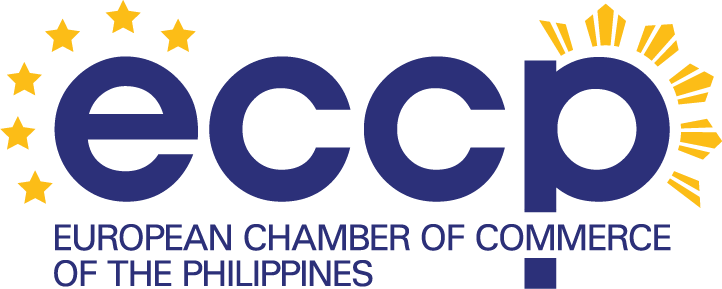
Organizational Development Effectiveness: Advancing with KRAs & KPIs
Organizational Performance Management is a critical aspect of ensuring the success and growth of any company. Performance management's overarching objective is to make sure that the organization and all its subsystems are integrated and aligned in the best possible way to achieve the overall results that the organization wants to see.
It involves the systematic process of setting goals, defining key result areas (KRAs), and establishing key performance indicators (KPIs) to measure progress and evaluate the performance of individuals, teams, and the organization.
Key Result Areas (KRA)
- Key Result Areas (KRAs), sometimes known as Key Performance Areas (KPAs), refer to general areas of outcomes or outputs for which a role, or a combination of roles, is responsible. These are the areas within the organization where an individual or group is logically responsible for the results.
- KRAs are specific areas within an organization that contribute directly to its overall objectives and success. These areas are identified based on the organization's strategic priorities and can vary across different departments or functions.
- By focusing on KRAs, companies can align individual and team efforts with the broader organizational goals, ensuring that everyone is working towards a common purpose.
Key Performance Indicators (KPI)
- Once KRAs are defined, the next step is to establish KPIs. KPIs are measurable metrics that help track progress and determine success within each KRA. They serve as benchmarks to assess the performance and effectiveness of individuals and teams.
- KPIs can be both qualitative and quantitative, depending on the nature of the KRA and the specific goals being pursued. By having well-defined KPIs, organizations can monitor performance, identify areas for improvement, and make informed decisions to drive growth.
Assessing KRA and KPI performance is a crucial part of the process. Regular evaluation allows organizations to monitor progress, identify any gaps or hurdles, and take the necessary corrective actions. It enables managers and leaders to provide feedback, recognize achievements, and offer guidance for improvement. Organizations can adjust their strategy, realign their goals, and promote a culture of continuous improvement by continuously assessing performance.
In summary, Organizational Development Effectiveness: Advancing with KRAs & KPIs provides a structured approach to drive success and achieve organizational goals. It helps align individual and team efforts, ensures clarity of expectations, and enables effective monitoring and evaluation of performance. By putting this strategy into practice, organizations can improve their overall performance, boost productivity, and develop a culture of accountability and success.
OUTLINE
- Briefer and Course Objectives
- Backgrounder on KPI
- KPI versus Metrics
- KPI versus KRA
- Data Scientist versus Data Analyst
- KPI from the Management Perspective
- KPI from the Workforce View
- 2. Main Contents
- The purpose of KPI
- Implications and Effects of KPI
- KPI Formulation thru Goal-Setting and Performance Objectives
- The Elements of KPI
- Leading and Lagging Indicators
- Subjective and Objective Indicators
- Action Plans and Actions Steps
- 3. Attendees Interaction
- Most common KPIs
- Suggested KPIs
- Adjustments and Modifications of KPI
- KPI in Different View from Leadership Standpoint
- Review of Course Objectives
ABOUT OUR PARTNER FACILITATOR

Clifford Jose Roa
Faculty of CU Graduate School & AVP
Pioneer Insurance & Surety Corporation
Mr. Clifford Jose Garrido Roa, a man with outstanding reputation and years of experience, holds the esteemed position of Assistant Vice President at the Pioneer Insurance and Surety Corporation. He was a former branch head at the Coop Bank Iligan, City Savings. In addition to his other roles, he is also a professor in the Graduate School of Capitol University and serves as an adviser to the Expanded Tertiary Education Equivalency Accreditation Program. Furthermore, he is also a training director at the renowned Dragon Knights Security Training Academy. Cliff has been imparting his vast knowledge and expertise to aspiring security professionals, shaping them into skilled guardians of safety and order. His dedication to education and leadership extends beyond the walls of the academe as he also serves as a faculty member at the esteemed Rotary Leadership Institute where he guides and inspires individuals to become influential leaders in their own fields. In addition to his other responsibilities, he finds great fulfillment in dedicating himself to acts of goodwill and holds the position of Board Director and Corporate Secretary at the Philippine Red Cross Misamis Oriental-Cagayan de Oro Chapter.

